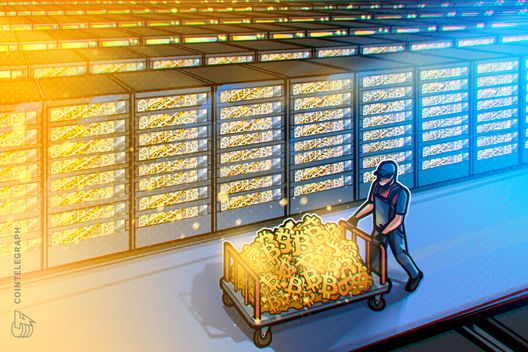Transportation sector gears up for reauthorization
3 min read

Confusion caused by a funds freeze enacted and then rescinded by the White House is causing ongoing consternation amongst lawmakers and transportation officials counting on federal reimbursements for infrastructure projects approved by a bipartisan Congress.
“We simply cannot have a situation in which Congress comes together in bipartisan fashion, agrees on a measure, and a president who has taken an oath to faithfully execute those laws, instead picks and chooses among them,” said Sen. Sheldon Whitehouse, the Democratic ranking member of the Environment and Public Works Committee.
The comments came during an American Association of State Highway and Transportation Officials conference on Tuesday.
Although the temporary freeze of funds from the federal government to state and local governments was rescinded, Whitehouse described the situation in Rhode Island as still not sorted out.
The freeze was followed by a
State Departments of Transportation are juggling several other long-term concerns such as the fact that funding from the Bipartisan Infrastructure Law is set to end in September 2026.
Lawmakers and policy makers are wrestling with reauthorizing another all-encompassing infrastructure bill that includes airports and broadband as compared to something simpler and more traditional.
“We are very focused on surface transportation as traditionally defined as highways, transit, highway safety, passenger rail,” said Joung Lee, the director of policy and government relations, AASHTO.
“Whatever the bill ultimately looks like, surface transportation has to be the foundation in the next bill.”
At the state and local level, transportation stakeholders is leaning towards a boost in formula funding through existing programs as compared to competing for federal money through discretionary grant programs that was featured in the Bipartisan Infrastructure Law.
“Those individual grant agreements can take quite a lot of time, effort, and money to get developed and in place before we can execute the project,” said Garrett Eucalitto AASHTO president.
“That’s more time wasted that could be spent putting that money to work in the field,”
Moving away from grant programs also has support from some Republican lawmakers.
“Let’s get rid of the ones that don’t work,” said Sen. Shelley Moore Capito R-W.Va., Chair of Environment and Public Works Committee.
“Put the discretionary dollars back into the formula programs where you can make the decisions and your governors and your state legislators, or however you do it, but make the decision for what works for you.”
Propping up the Highway Trust Fund continues to bedevil policymakers as it’s scheduled to run out of money by 2027 without Congressional action. The rise of electric vehicles that don’t pay into the fuel tax flow of money are viewed as a major part of the problem.
The move to EVs is already facing a change in policy as newly minted Department of Transportation Secretary Sean Duffey signed a memorandum aimed at relaxing Corporate Average Fuel Economy standards on the day he was sworn in.
“The memorandum signed today specifically reduces the burdensome and overly restrictive fuel standards that have needlessly driven up the cost of a car in order to push a radical Green New Deal agenda” said Duffey.
“The American people should not be forced to sacrifice choice and affordability when purchasing a new car.”
Congress is also looking for policy changes heading down the pike. “I think you can expect the EV mandate to fall,” said Capito.
“They say there’s no EV mandate, but the tail pipe rules actually mandate EVs into the future, because that’s the only way you can actually meet those mandates. I expect all of that to fall out, either in reconciliation or through regulation.”
The states have been engaged in their own reckoning with compensating for the effect of EVs not paying their fair share by adding a patchwork of user fees and registration upcharges.
“Most all states, have some state level EV fee, but there’s not a national level,” said Russell McMurry, AASHTO, VP and treasurer.







